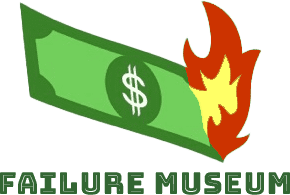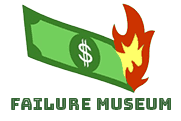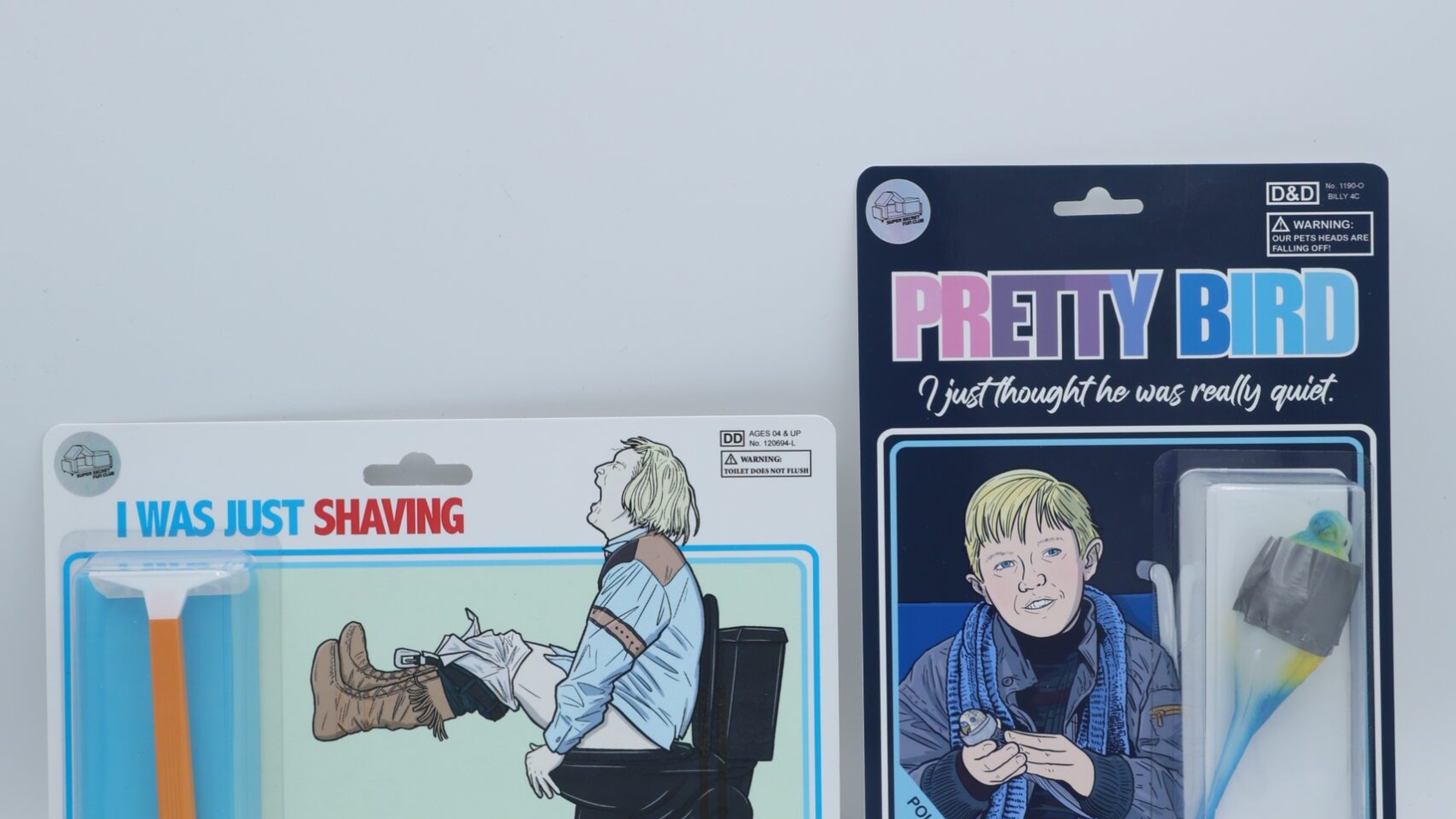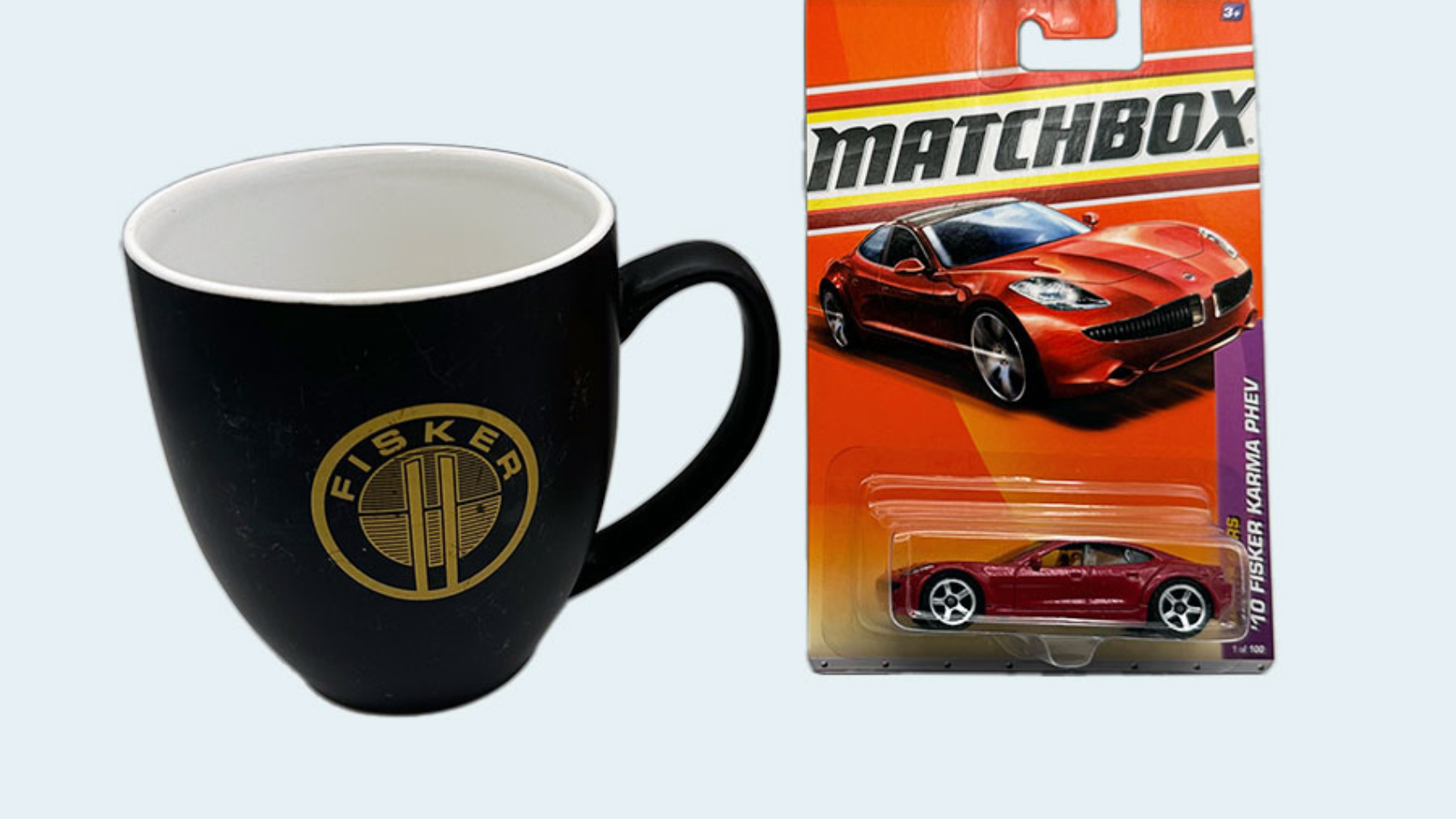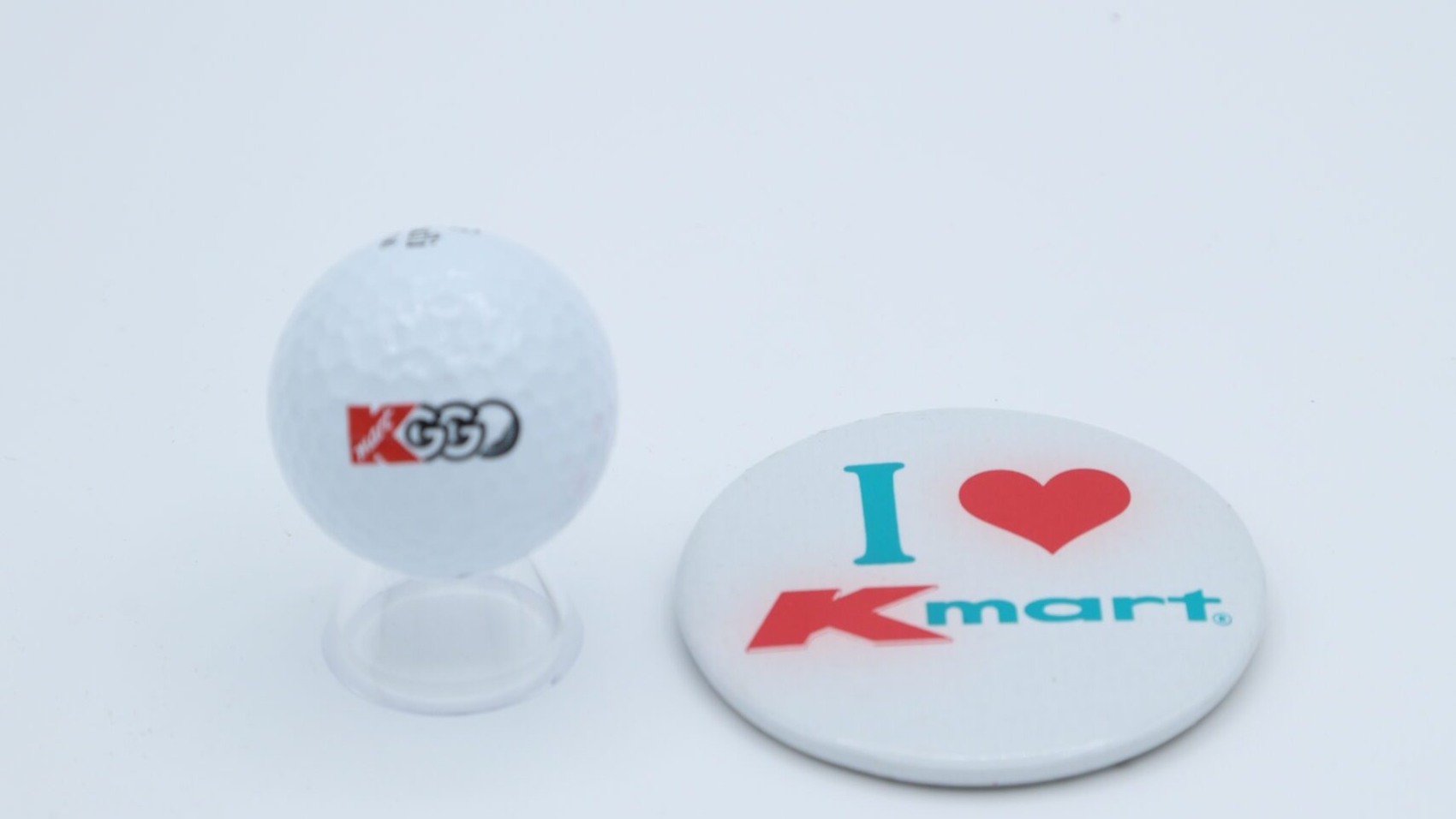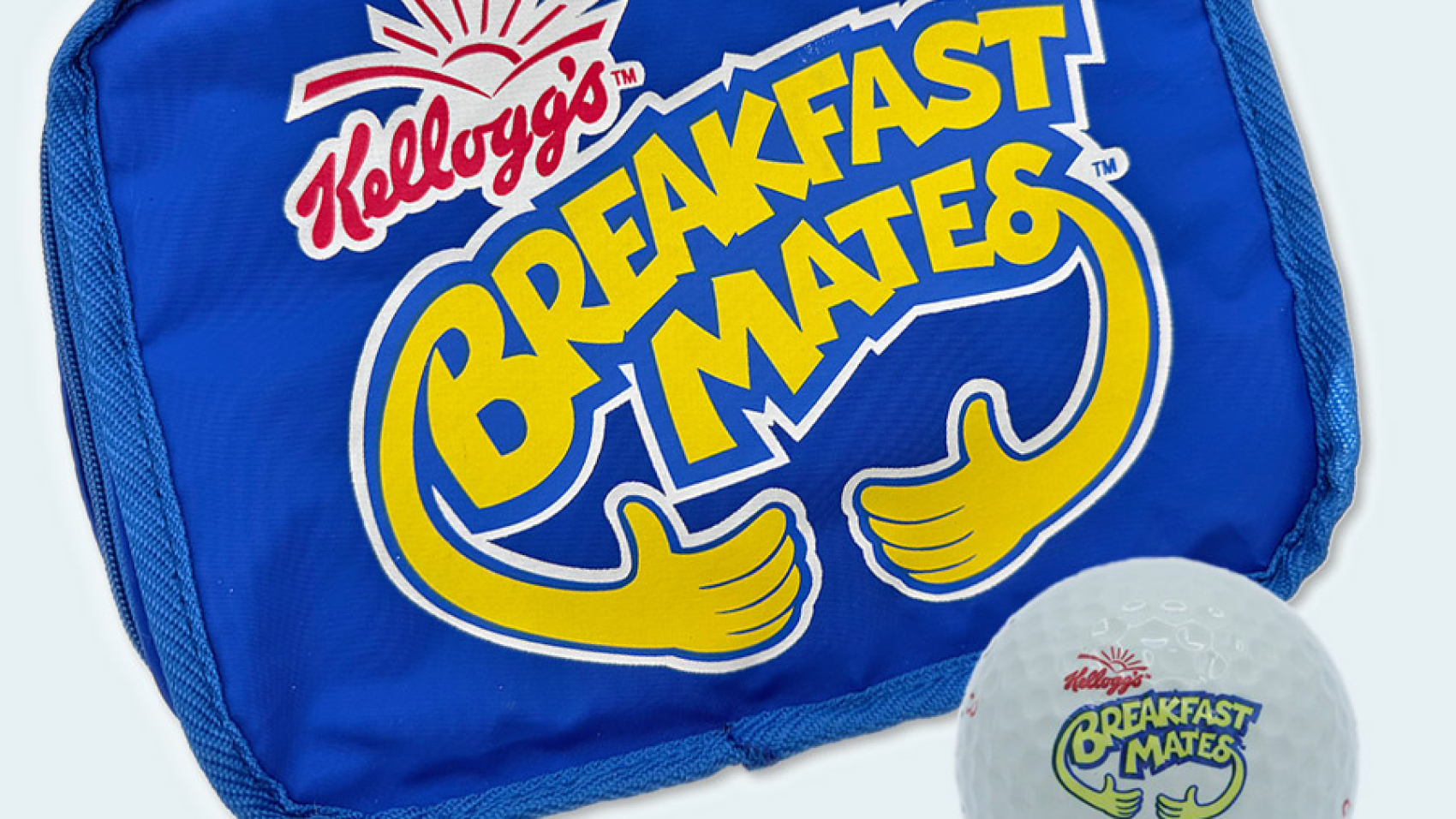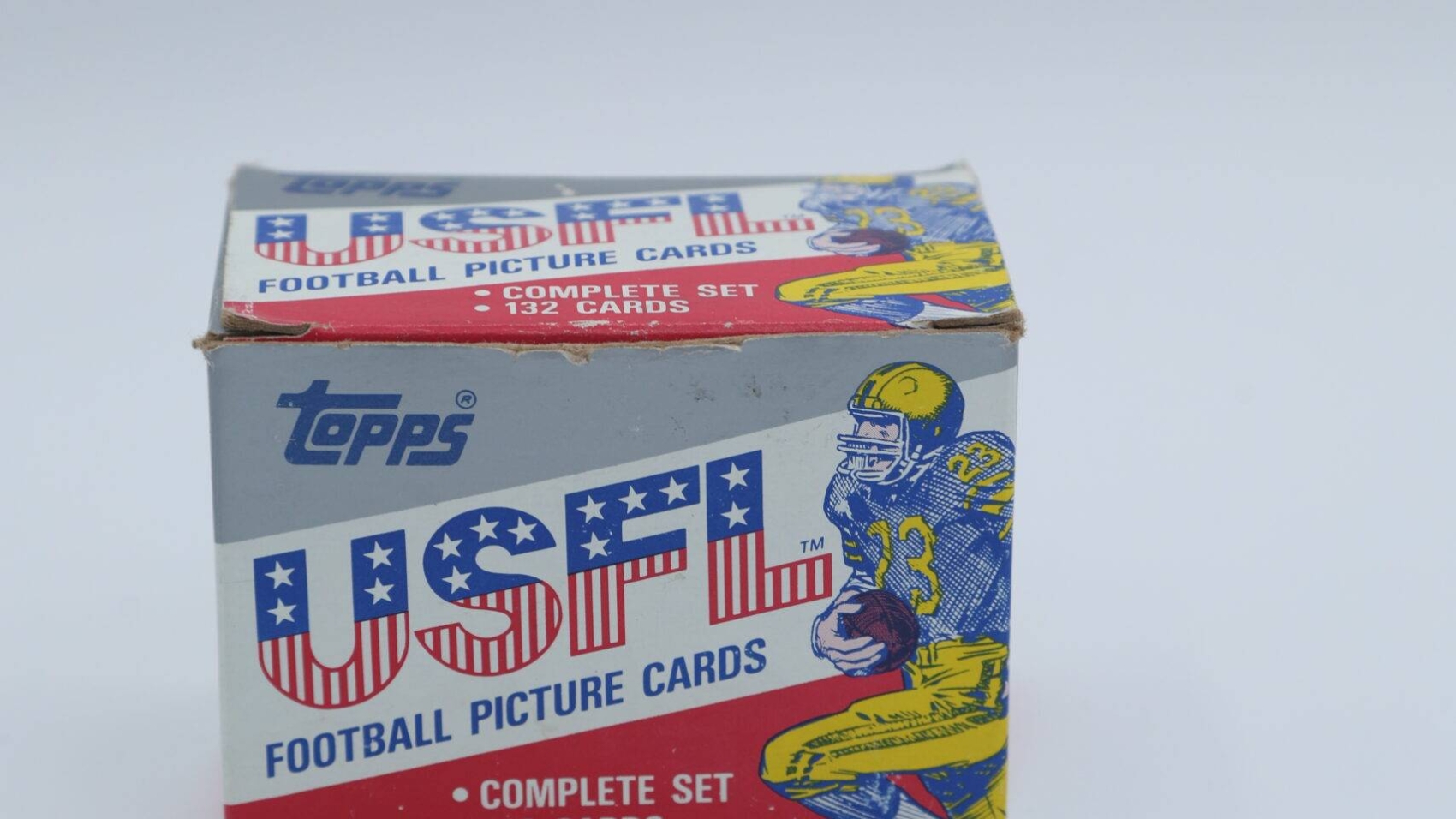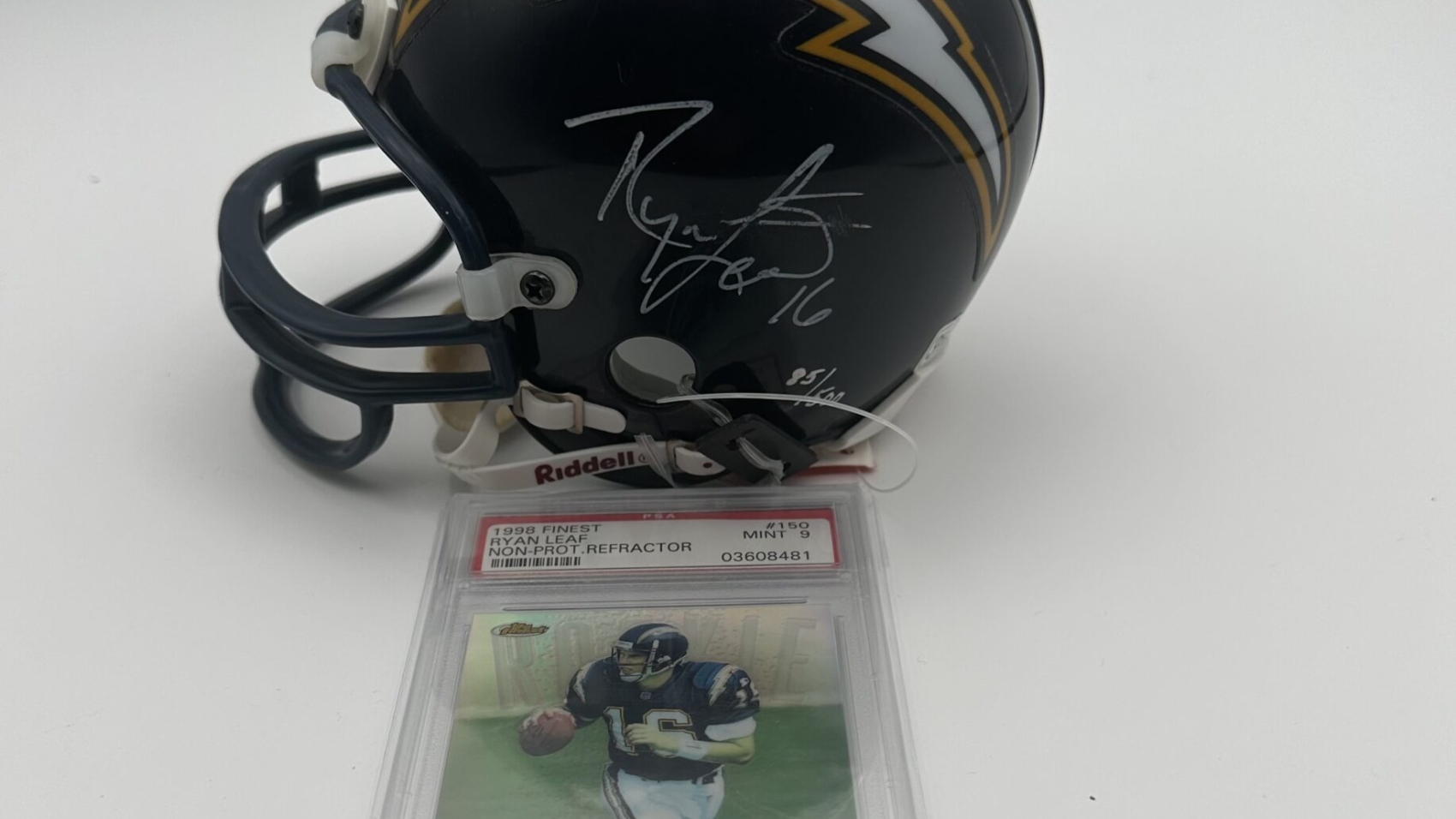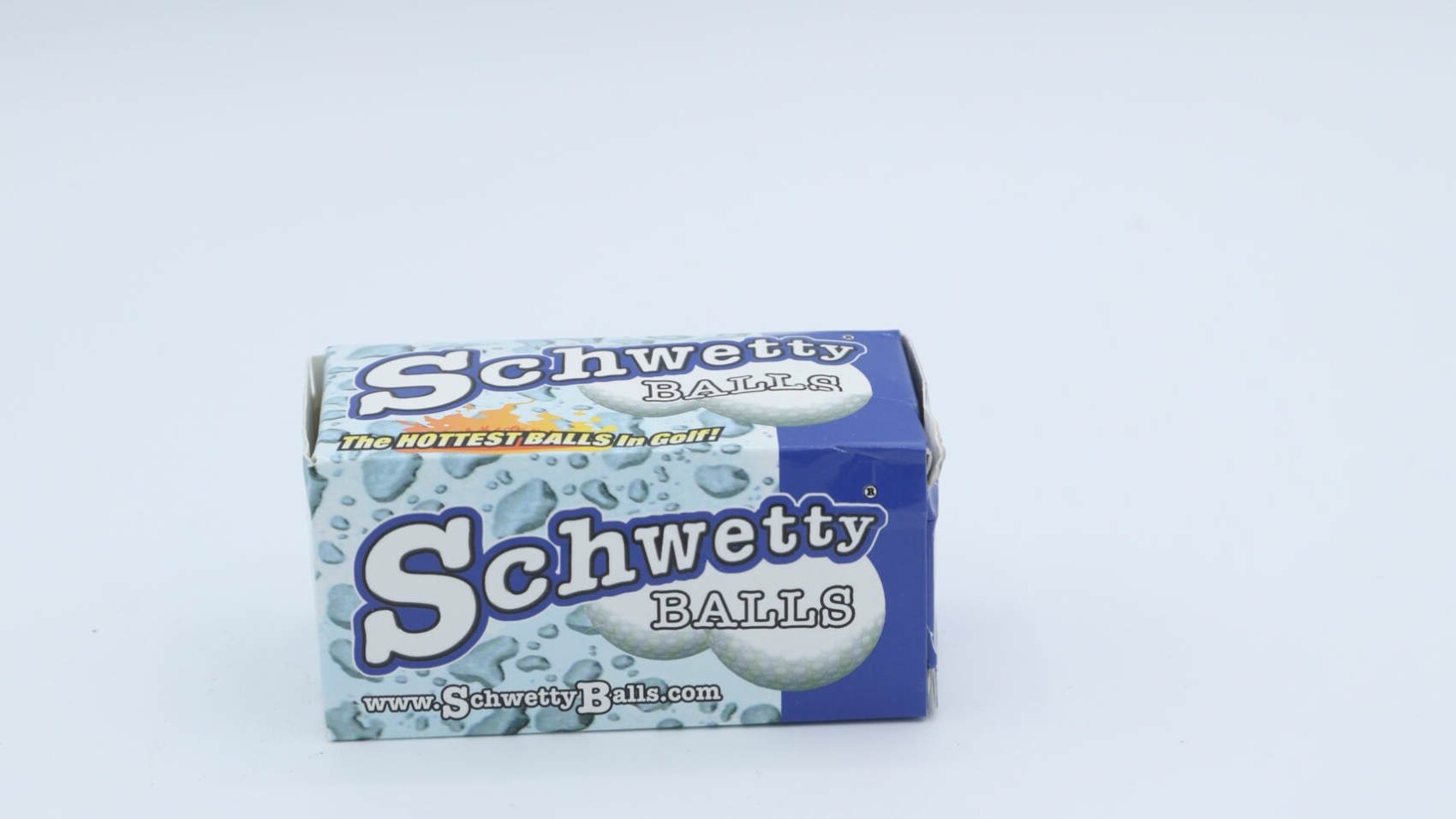In 2021, Fry’s Electronics went out of business because it didn’t innovate its online operations as rapidly compared to rivals such as Best Buy.
Circuit City
To save money they stopped paying commissions to salespeople in 2009.
Burger Chef
In 1982 after peaking at 1050 locations, the General Foods Corporation, owners Burger Chef, divested itself of the restaurant chain after it assumed extensive real estate commitments and expanded too rapidly.
Dumb & Dumber toys
“I was just shaving” and “pretty bird” from 1984
Fisker
In 2012, frequent software and parts problems frustrated owners with their constant and complicated repair jobs.
Kmart
Kmart was not willing to invest in online infrastructure or e-commerce. This misstep led to its demise in 2002.
Kellogg’s Breakfast Mates
Breakfast Mates were a breakfast product launched by Kellogg’s in 1998, designed for busy families. Each package included a serving of cereal in a plastic bowl, a 4-oz serving of reduced-fat milk, and a plastic spoon. The product aimed to provide a convenient breakfast solution for children to prepare their own meals while parents were away. However, it faced significant backlash from consumers, particularly due to the use of warm milk, which many found unappealing.
USFL
Summer football when the NFL was in their off-season; attempted move to a fall season to compete with the NFL in 1985
Ryan Leaf
The biggest bust in NFL history; #2 overall pick by the Chargers in 1998; 4-17 record; 36 interceptions to 14 touchdowns
Schwetty Balls
Alec Baldwin played entrepreneur Pete Schwetty on Saturday Night Live’s 24th season in 1998.
